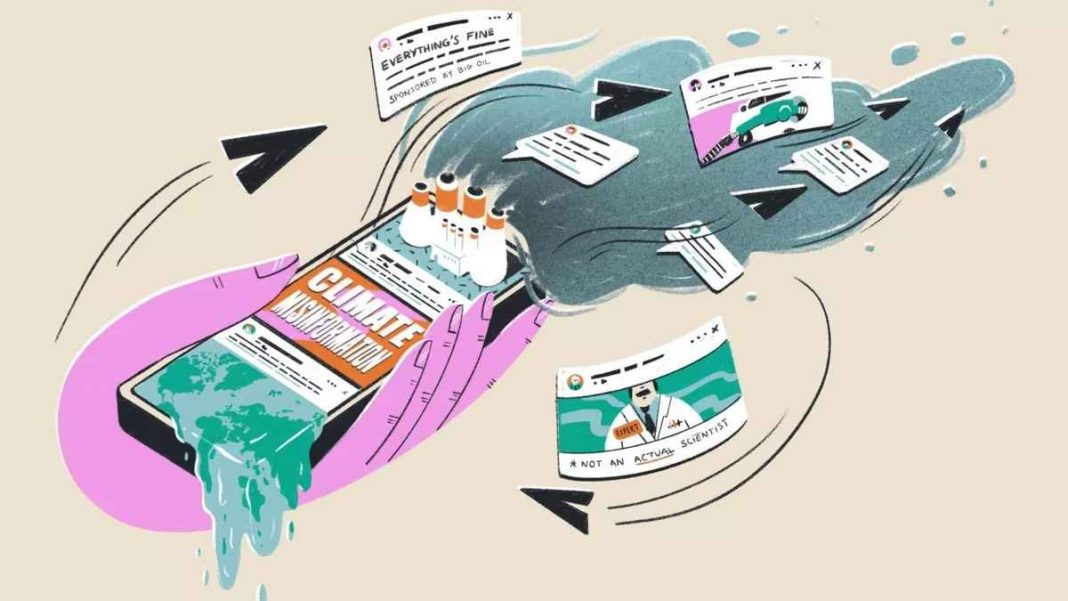Efforts to tackle the climate crisis are increasingly undermined by a growing wave of climate misinformation. A new study by the International Panel on the Information Environment uncovers the scale and sophistication of misleading narratives surrounding climate science and solutions. Drawing on a decade of global research, the report maps out key actors and proposes actionable strategies to protect the integrity of climate-related information.
Understanding Information Integrity in the Climate Context
Information integrity refers to the accuracy, consistency, and reliability of information — principles that are essential for informed climate action. The ISO 27000 framework underlines the significance of this concept. When facts are distorted or misrepresented, it leads to public confusion and flawed policy decisions. The report reviews over 300 studies conducted between 2015 and 2025 to trace how the flow of information impacts climate discourse.
Who’s Spreading Climate Misinformation?
The research identifies fossil fuel giants—including ExxonMobil, BP, and TotalEnergies—as major drivers of disinformation campaigns. These companies often understate their environmental impact while lobbying against regulation. Beyond the corporate sphere, political figures and state-linked institutions also play a role in shaping misleading narratives. High-emission sectors like aviation and animal agriculture have similarly misled the public through selective data presentation and greenwashing tactics. The result is widespread erosion of trust in scientific evidence.
How False Narratives Spread
Misinformation is disseminated through multiple avenues. Social media platforms and mainstream news outlets serve as the primary channels for the general public, while policymakers are targeted through more discreet, strategic lobbying efforts. This dual approach has significant ramifications for climate governance. The report highlights the urgent need to monitor these channels and enforce accountability.
Regional Gaps in Climate Misinformation Research
The bulk of existing studies are centered in the Global North, especially in countries like the United States and across Europe. This geographic skew creates a critical blind spot regarding the Global South, where climate vulnerabilities are often greater, but misinformation remains under-researched. Experts caution that this imbalance could leave large populations exposed to manipulated narratives and stalled climate action.
Consequences for Global Climate Goals
The spread of climate misinformation contributes to public misunderstanding, policy stagnation, and loss of trust in science. This creates significant barriers to achieving international climate targets, particularly the aim to halve global emissions by 2030. Without addressing this deepening information crisis, global climate strategies risk falling short.
A Call for Coordinated Action
To counter climate misinformation, the report outlines four urgent policy directions:
- Enact legal frameworks to penalize false and deceptive environmental claims.
- Mandate uniform disclosure of emissions data across industries.
- Foster multi-stakeholder coalitions to unify voices against misinformation.
- Invest in long-term public education, empowering communities with accurate knowledge.
These measures are designed to restore trust in science, ensure transparency, and strengthen public resilience against misleading narratives.



